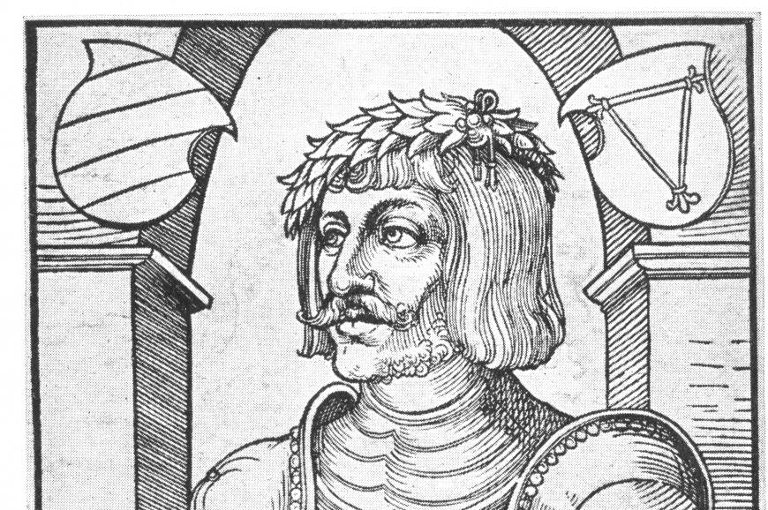I was recently asked to help a nonprofit with their fundraising effort. The experts say you should be “authentic” in your appeals and emails. This got me thinking (a dangerous thing)!
Why is it that “authenticity” must be stressed and supported? What is it in our culture that makes honesty special – in need of vital resuscitation? Does no one else see it as strange?
I pondered mottos of schools I’ve attended. At Shore, they told us “Suum Quisque Optimum” or “do your best”! That made sense; we should try to excel. At Milton, they said “Dare To Be True”: I pondered that as a credo. Is honesty so hard? What did this say about us? Should truthfulness take courage? Then, at Harvard, I strove for “Veritas.” Unvarnished truth was good. But what’s the Big Deal? Why all the fuss? In time, falsity offered an answer.
Now I’m urged to “authenticity.” Why is this special? Are most of us phonies, swindling others? Are we all in “sales” and not “science”? Am I silly to raise such questions? What makes honesty so elusive, and thus so remarkable?
Years ago, a comment stuck: “Fish discover water last.” We cannot see all we take for granted. I dared to place “science” before “sales.” For learners, truth makes sense. In vino, Veritas…
Stanford’s seal showed just a lone tree. A search found a motto: “Die Luft der Freiheit Weht” (“The wind of freedom blows”), from the 16th century writings of a German humanist Ulrich von Hutten (1488-1523). In his 1992 Inaugural Address, the new Stanford President Gerhard Casper explored its meaning: knowledge should be free of constraints; free to challenge old and new doctrines; learners should be free “to speak for themselves … plainly … and to the point,” and “to take pleasure in the life of the mind … across national and cultural boundaries.” Casper said “the wind of freedom cannot blow in a closed and stuffy ivory tower”; it must be “fresh.” He ended with a poem by Hutten:
With open eyes I have dared it,
and cherish no regret…
Casper added that “I have dared it” was Hutten’s personal motto. And so we come back to courage: why must we “dare to be true”? This question has haunted my life…
“Fish discover water last.” What makes truth so special? Why do we fear to speak? One thinks of Alexander Vindman, voicing his faith in truth to power, abruptly expelled from his job with his brother. Recall other brave whistleblowers savaged for speaking out. What is wrong with us? Why shoot unwelcome messengers? Is honesty such a threat? Why?
We yearn for authenticity. Thus do winds of freedom blow: without truth, liberty dies. We can’t thrive on sales alone; we need science as well. And so we return to Hutten, as Casper explained:
Hutten’s earliest claim to fame is his role in a celebrated controversy concerning the preservation of Hebrew literature against … the … destruction of all Jewish books. When Reuchlin, one of the leading humanists, spoke out in favor of … Hebrew texts, he was tried for (and, eventually, convicted of) heresy. Hutten … employed … satire in defense of Reuchlin and against the scholastic enemies of learning and scholarship. … You catch some of Hutten’s enthusiasm for his world of scholarly and scientific endeavors in what he wrote to a friend in 1518: “It is a pleasure to live… Studies blossom and the minds move.”
Learning can bring pleasure, passion, and be a lifelong quest! With that the case, speaking truth to power would be the norm. That it is not devolves to a harsh indictment of who we’ve become.
What has eroded our ethics and diluted this passion for learning? The accretion of knowledge should be fun: after all, the defining characteristic of homo sapiens is intelligence! Learning gives pleasure; it is no threat. Do we not question our beliefs? Where did we go so wrong?
Are we moved by fear or by love? Do we guard our views against challenge or hold them open to change? What of courage? Is not Truth the air we inspire? This is the breathng of freedom.
Information, shared, expands: thoughts I give away are not lost; they bathe us all in abundance. Such is a realm for cooperation, in an enhancing harbor of love. Rivalry erodes such bonds, while creativity opens our range. To set us against each other in education is counterproductive. Here opposition impedes, spawning fears of learning and change. We avoid challenge instead of embracing it. Alfie Kohn put it so well:
Creativity is anticonformist at its core; it is … a process of idiosyncratic thinking and risk-taking. Competition inhibits this process… Turning life into a series of contests turns us into cautious, obedient people.
I grew up in an Age of Aquarius and never let go. Jefferson Airplane sang: “We can be together…” There is nothing obstructing us, other than trust in ourselves and each other. Look in a mirror; who do you see? Is it a person to respect, to admire, to love without bound? What do you find in those eyes? Who are you? Who might we be? This is the source of it all…
Authenticity. Do your best. Dare to be true. Veritas. Let winds of freedom blow. Dare it. Take heart! Embrace learning and trust, in yourself and each other. The only way out is through…
Teaser photo credit: Ulrich von Hutten, By Erhard Schön (ca. 1491-1542) – Josef Nadler: Literaturgeschichte des deutschen Volkes, Bd. 1, Berlin 1939, S. 291, Public Domain, https://commons.wikimedia.org/w/index.php?curid=1361542





